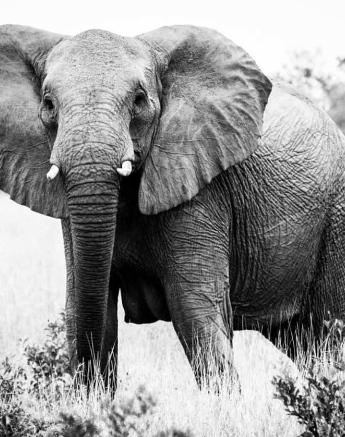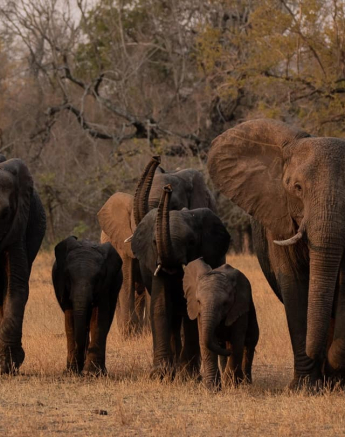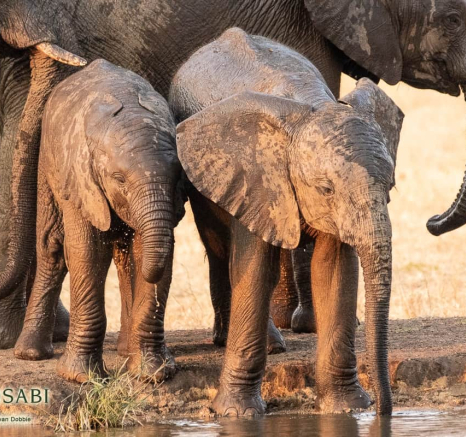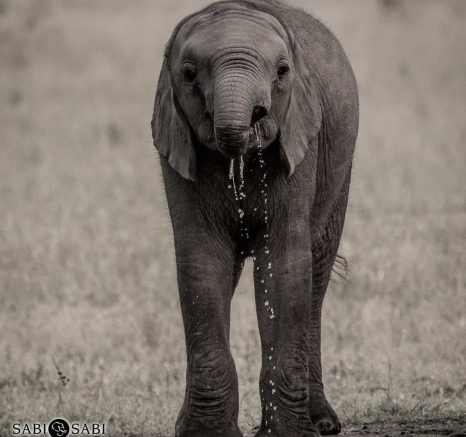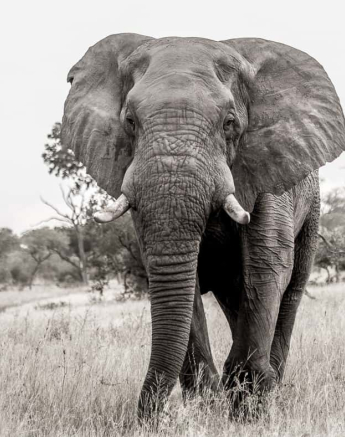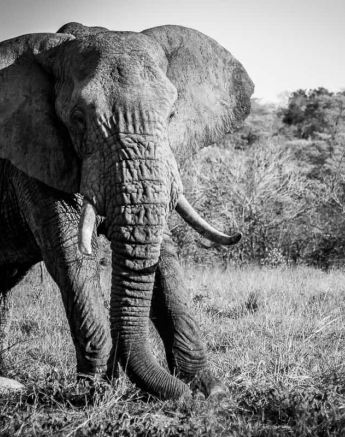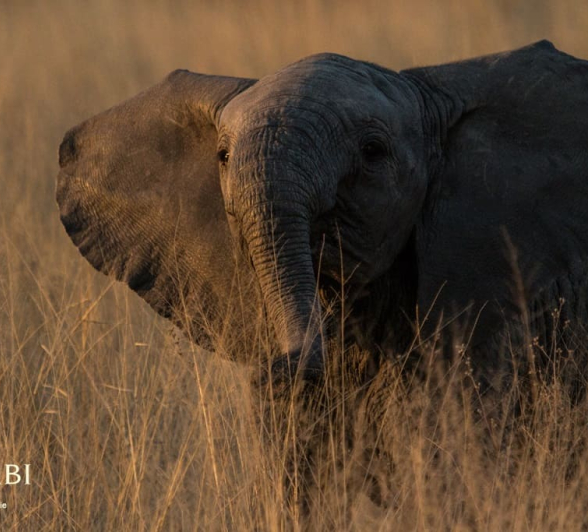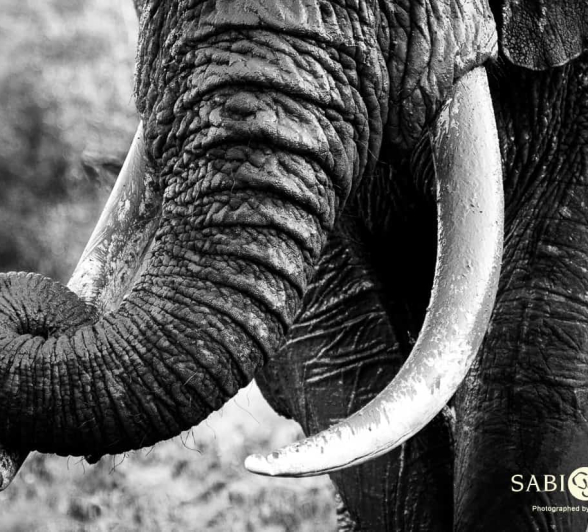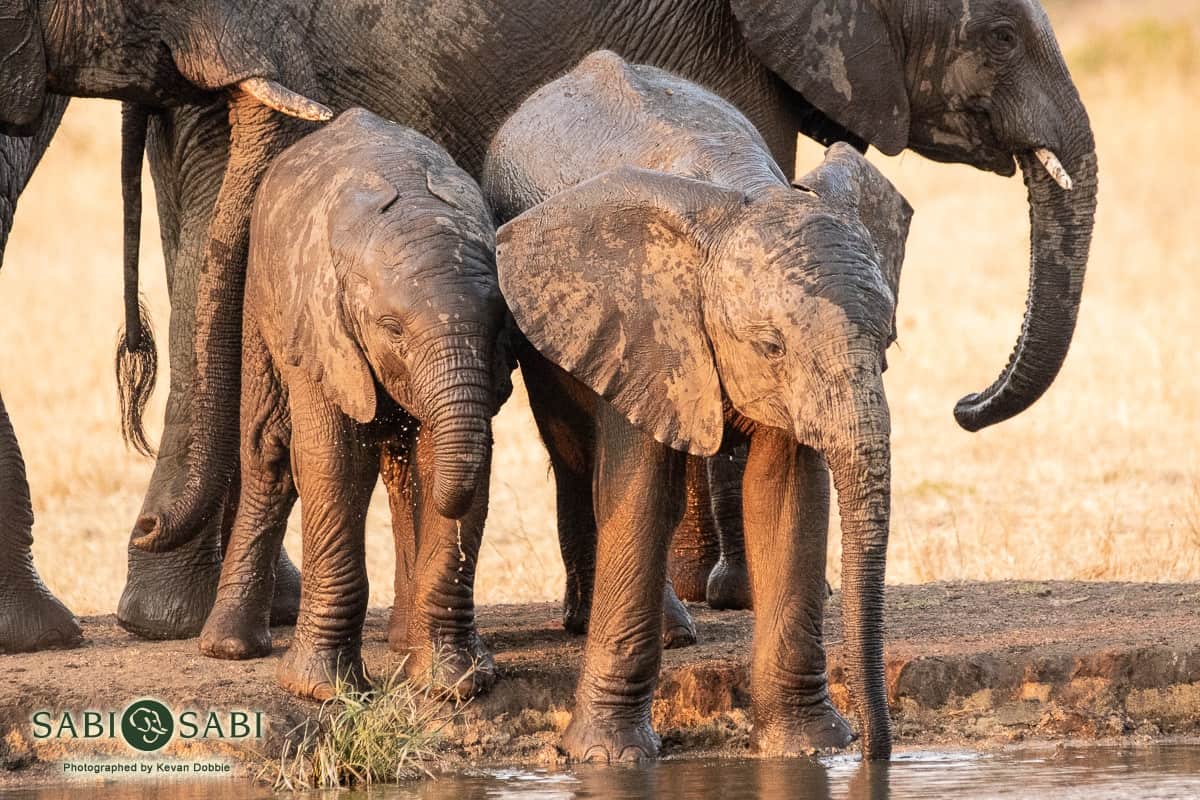The African Elephant
on Oct 26, 2018Species name: African Elephant
Scientific Name: Loxodonta africana
Weight: Male: ±5750kg Female: ±3800kg
Shoulder Height: Male: ±350cm Female: ±240cm
General Habitat: Woodland/Savanna
Diet: Herbivorous – Mixed Feeder
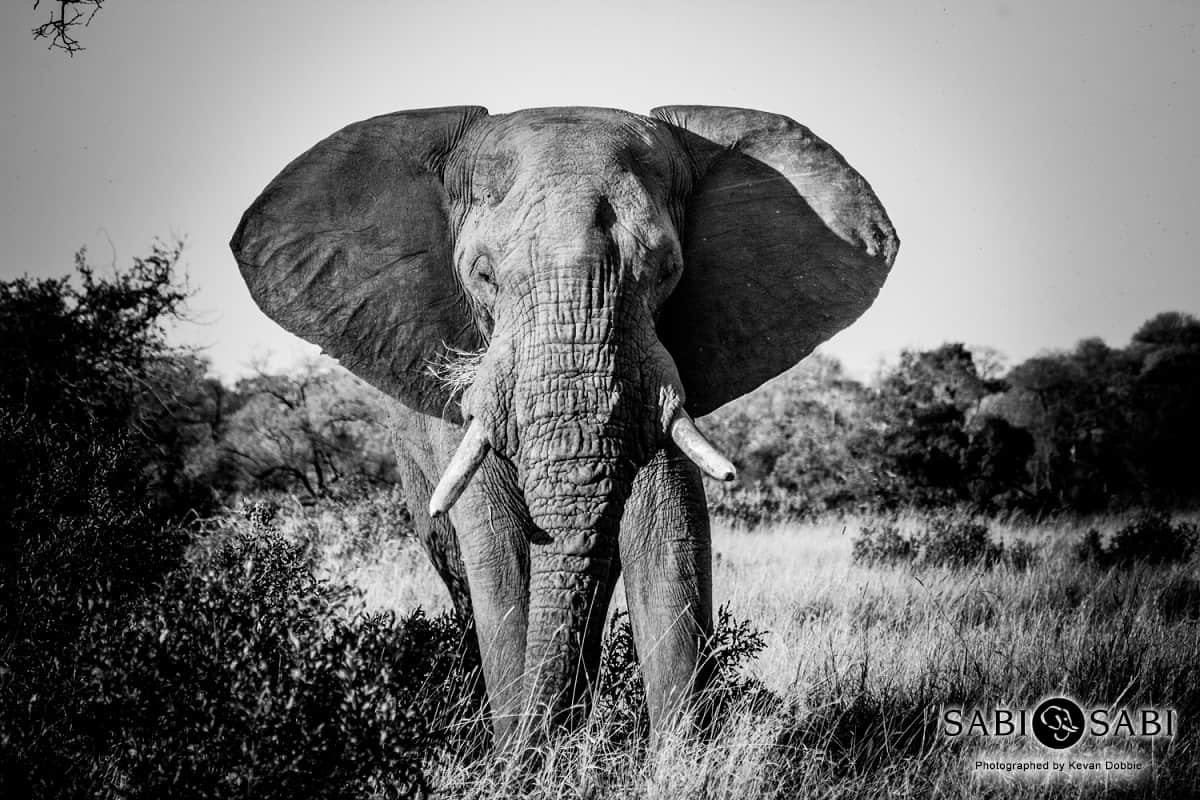
Throughout the magnificent Sabi Sabi Private Game Reserve, the largest land mammal can be found. Part of the ‘Big Five’ the African Elephant is a must see, an iconic African safari species. Here on the reserve we are very lucky to have multiple sightings of Elephant each and every game drive, no matter the time of the year or season. Not only can Elephants be seen during game drive, but while you are relaxing during the day at one of our four lodges.
As this species do not form territories, we find them on a variety of different areas on the reserve as they cover a large portion of ground in search of grazing/browsing opportunities and water on a daily basis. We notice a few social structures of Elephants on the reserve, namely the breeding herd which is controlled by a female known as the matriarch and related females and their calves, so a very strong dynamic family unit which can be as small or as many as 60 – 70 individuals recorded in this area. If the calves are males, at the age of 12 – 14 years old, they will start to become sexually mature and will be driven off from the breeding herd either form a bachelor herd or living a solitary lifestyle. If the calf is a female she will become part of the breeding herd and raise calves of her own alongside her mother.
Gestation period lasts approximately 22 months and after that, a cow will give birth to one single calf weighing about 90 – 120kg. That calf will remain close to its mother’s side until fully weened at about three and a half years. The interval period between calves can be anywhere from about five to nine years.
Bull Elephants that are chased away from the breeding herd only tend to be able to compete for mating opportunities at around 25 years of age. Between the years of thirty to forty, a bull Elephant is in a period of its life where it is the most fertile and therefore will go into musth more often.
Elephants are incredible mammals, such a large mammal being a mixed feeder needs to consume approximately 5% of its body weight in vegetation each day, so a bull weighing 5000kg needs to consume about 250kg of vegetation each day and will feed up to sixteen hours a day. As they have such a varied diet, consisting on grass, leaves, tree bark, cambium layer, bulbs, roots, tubers and fruit, an Elephant develops six sets of diamond shaped molars in its lifetime. At the age of 41-45 and some even as late as 47 years, an Elephant will generate its last set of teeth and with it comes caution on protecting them as it enters the last few stages of its life. The life expectancy of these great giant land mammals is about 60-65 years.
Here at Sabi Sabi Private Game Reserve, we generally find breeding herds all over the two properties as we have a variety of waterholes distributed on the reserve and two seasonal drainage lines, one in the north and one in the south. We tend to locate bachelor groupings and solitary bulls in the southern property around Earth Lodge and in the western section of the northern property stretching all the way towards Little Bush Camp.
My Memorable Sighting
Early on this year in January 2018 – a small breeding herd of Elephant were determined to make their way across an open area towards a seasonal pan/mud-wallow to quench their thirst and wallow in the mud to assist with cooling off as the temperatures and humidity were high. As they approached I noticed a very small calf, too small to make use of its trunk to drink, mostly receiving its moisture from nursing (± 6 months able to drink with trunk). As they came down it ran to the front between its mother and a sub-adult and started flicking the water around and going crazy with its trunk as if it was discovering this appendage for the first time. See video below.
Photo & Video Content
